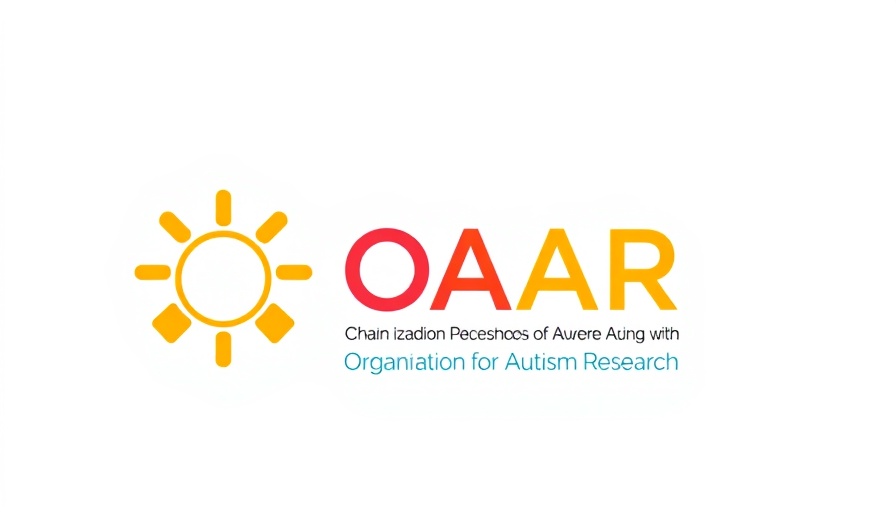
Empowering Future Researchers: The OAR Graduate Research Grants
In a significant stride towards fostering innovative research in autism spectrum disorders (ASD), the Organization for Autism Research (OAR) announced the awarding of 10 graduate research grants for the year 2025. This initiative is not just a step towards advancing scientific knowledge; it represents an essential investment in the minds that will shape the future of autism research.
Why Graduate Research Matters
The significance of funding graduate research cannot be understated. Graduate students are at the forefront of exploring new theories and methodologies that can lead to groundbreaking discoveries. With their fresh perspectives and untapped potential, these researchers are uniquely positioned to challenge the status quo and bring fresh solutions to pressing issues in autism treatment and support.
OAR's commitment to funding graduate work highlights the organization’s recognition of the critical role that new ideas play in advancing our understanding of autism. This season, the grants will empower researchers to explore a variety of topics ranging from behavioral interventions to neurodevelopmental studies.
Supporting Diverse Perspectives
One of the exciting aspects of the OAR grants is their dedication to a diverse range of research perspectives. By encouraging projects that draw from various disciplines—psychology, education, and neuroscience—OAR opens the door for interdisciplinary approaches that can yield richer insights into autism. For instance, a project examining educational strategies may benefit from collaboration with neuroscientists who understand the biological underpinnings of learning disabilities associated with autism.
A Step Forward for Autism Community
With these grants, OAR is not only uplifting the academic community but also creating ripples that can positively impact families and individuals living with autism. The hope is that the outcomes of these research projects will lead to improved support mechanisms, tailored interventions, and a better overall quality of life for those affected by autism.
Moreover, supporting emerging researchers adds to the ethos of community. As past recipients of OAR grants often reflect how the funding helped launch their careers, the organization establishes a legacy of empowerment. These upcoming scholars will likely inspire future generations to delve into autism research, further enriching the community.
Future Outlook: What Lies Ahead?
The landscape of autism research is ever-evolving, influenced significantly by community needs, technological advancements, and contemporary challenges. The projects funded by OAR will contribute to evidence-based practices, equipping families, educators, and healthcare providers with valuable tools.
As undergraduate and graduate students increasingly seek to contribute to meaningful research, the OAR grants serve as a beacon of support and recognition, motivating young scholars to turn their academic pursuits into real-world applications. It's a reminder that investing in education and research is imperative for societal growth and understanding.
Conclusion: The Call for Participation
While the grants have been awarded for 2025, the OAR will continue its mission to support emerging talent in autism research year after year. Interested parties are encouraged to keep an eye out for future opportunities to apply for grants, mentorship programs, and workshops that can further enrich the field of autism research.
It is a critical time for researchers, educators, and families to come together to innovate and inspire. By supporting ongoing initiatives focused on autism, we can all contribute to a brighter future for those on the spectrum.
 Add Row
Add Row 

 Add
Add 


Write A Comment